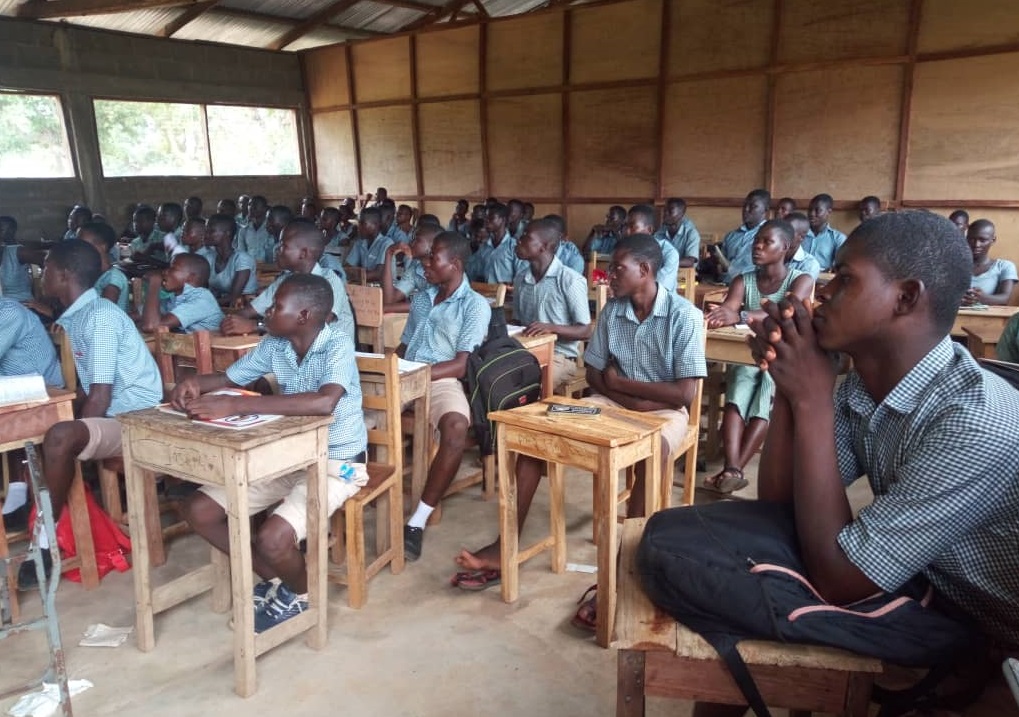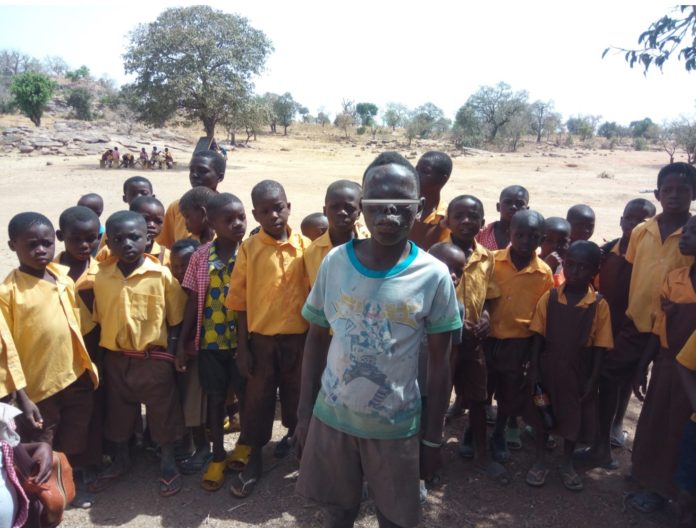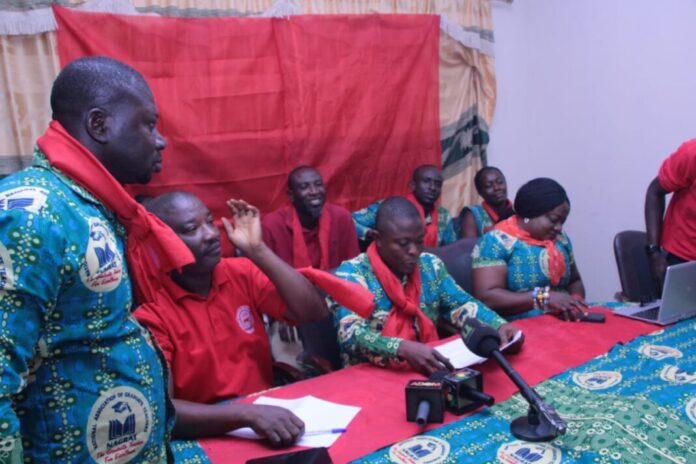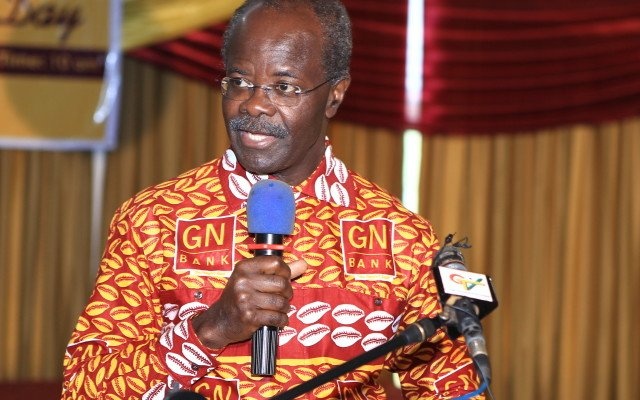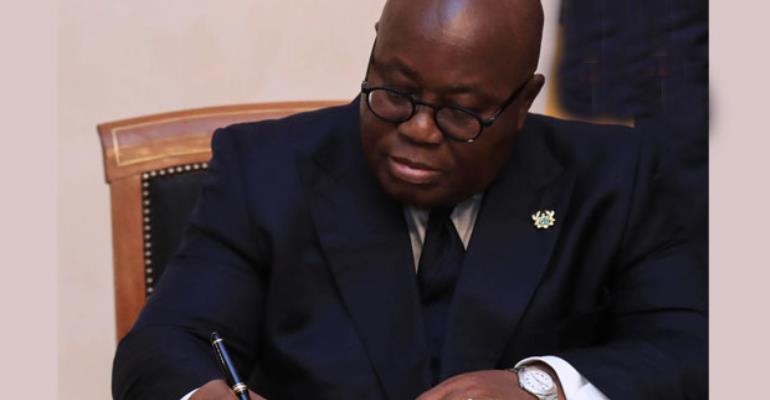We’ll roll out GPS policy despite teacher unions protest – Education Ministry
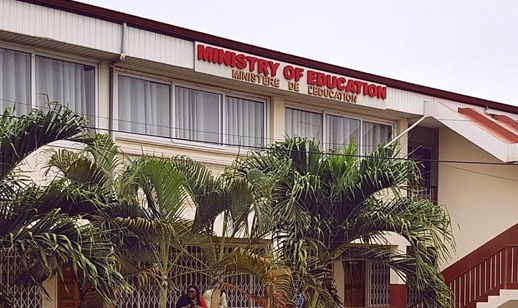
The Ministry of Education has called the bluff of some teacher unions in the country who say they will kick against the implementation of the Ghana Partnership Schools (GPS).
According to the ministry, it will go ahead to roll out the policy to improve the standards of education in the country.
“It is the Ghana Education Service that is the policy implementer. What we are doing is that, we are allowing the World Bank to fund about 7,000 of the schools and by so doing they are going to provide learning grants to them and train teachers. The GPS is just for 60 schools the country and they are going to help these schools to improve learning outcomes; and that is what we are doing.
The project which is set to commence in September 2019 will be piloted in the Ashanti, Northern, Central and Greater Accra Regions, seeks to relinquish the running of over 100 public basic schools under private management.
We’ll fight GPS implementation
Meanwhile, President of the National Association of Graduate Teachers (NAGRAT), Angel Carbonu maintains that teachers in the country will do everything possible to make government rescind the decision since the implementation of GPS will deprive them of their dignity.
“We are determined [to fight this] because our jobs are on the line, our dignity is on the line, our professionalism is on the line and so we are ready to take this to the hill,” he said on Eyewitness News.
We’ll resist privatization of basic public education – Teacher Unions to gov’t
The Teacher Unions including the Teachers & Educational Workers Union of Ghana (TEWU), the Coalition of Concerned Teachers (CCT-GH), the National Association of Graduate Teachers, NAGRAT, and the Ghana National Association of Teachers (GNAT) have cautioned government against the implementation of the Ghana Partnership Schools programme.
General Secretary of GNAT, David Ofori Acheampong, explained that the move is aimed at commercializing and eventually privatizing public education in Ghana, thus their call for it to be aborted.
“The project is purported to last for three years after which it may be institutionalized permanently. The unions find the Ghana partnership project as a subtle and eventual privatization, commercialization and commodification of public education in Ghana. We are amazed that the government is trumpeting the implementation of the project. In all these endeavors, the major stakeholders, GNAT, NAGRAT, TEWU and CCT-GH have not been involved in the two-year planning process of the project. We find this unfortunate and unacceptable.”
–
By:| citinewsroom.com |Ghana

